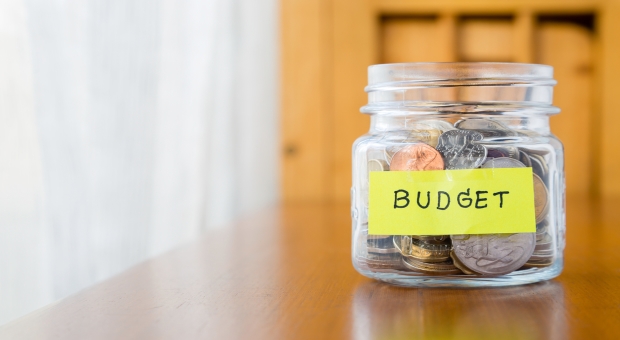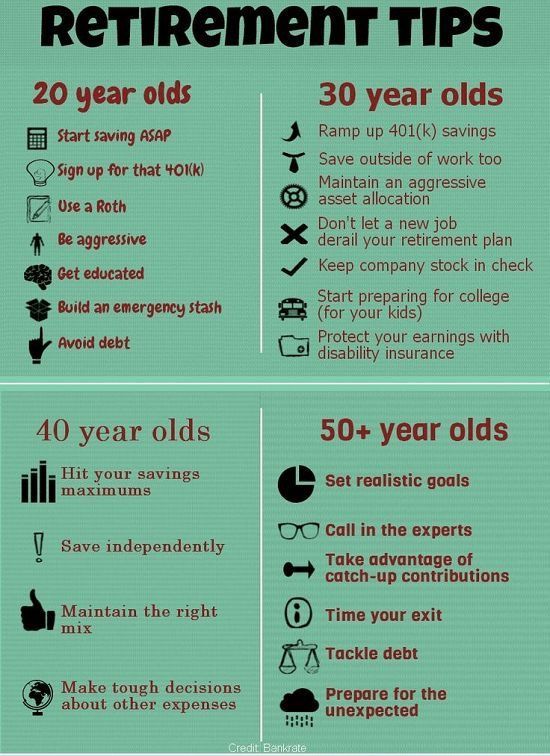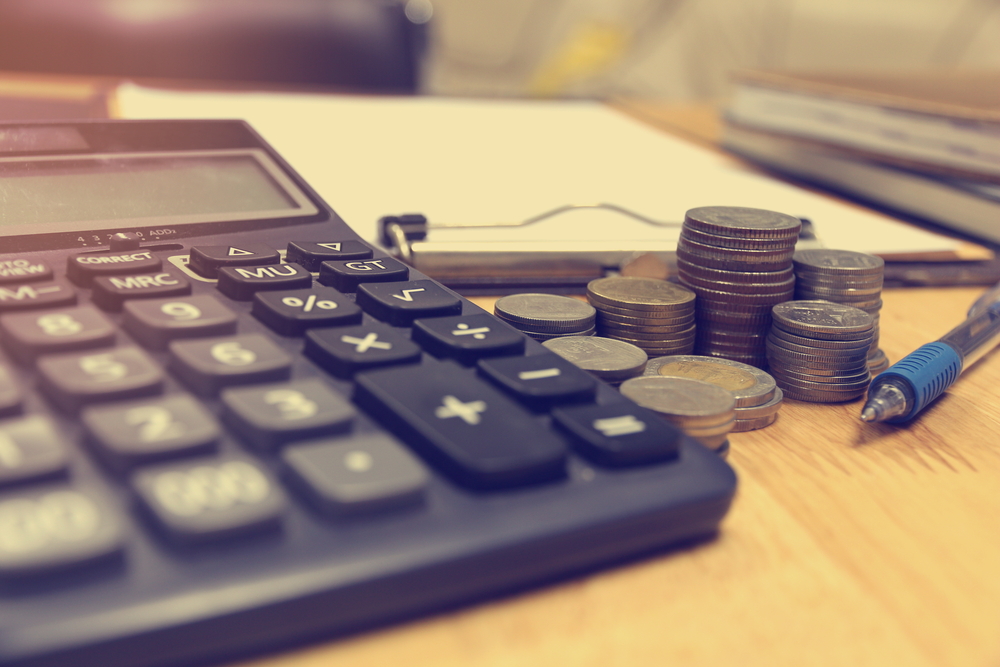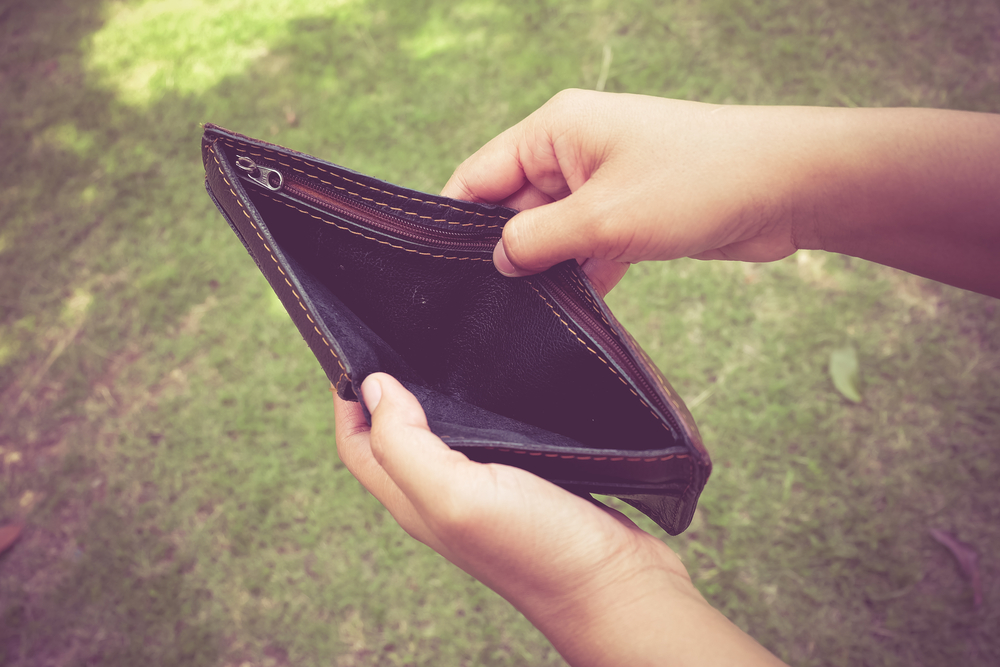Emergency preparedness is not a hobby, and it’s certainly not a seasonal activity.
In fact, it’s a lifestyle that we choose to have. Just like all other lifestyles, prepping will cost you money to fulfill it. Working with a fixed budget is one of the main things we have to deal with when we decide to pursue this new lifestyle.
The following budgeting tips for preppers may come like a breath of fresh air for those dealing with debt, but also for those wanting to save a dollar here and there.
There are many excuses for people to avoid preparing for a SHTF event, and lacking the time and/or knowledge are often listed as the main reasons. However, I believe that the economic situation of a family or individual should the only reason you should use for an excuse since this is actually a real problem for many Americans. All other excuses are nothing more than that.
In today’s economy, for the average Joe, simply keeping up can be trying, let alone building a stockpile of goods. I don’t argue with the reasoning that true prepping can be a rather expensive project.
However, there is some good news, and there are countless ways to prepare, all the while remaining on a budget. Sure, there may be occasions where you have to shell out some cash for certain specifics, but you can make it to the finish line.
By following a few simple strategies, you can save yourself much bread, while still being fully prepared. It is all about making sure that every single dollar counts.
The most popular technique is to purchase a few things here and a few there as you can swing it. Even though it can be classified as a slow and tedious procedure, it actually works.
Being a prepper on a budget
To budget accordingly, you need to think outside the box and leave shame aside. Actually, you shouldn’t worry at all since there’s no shame in it and your budgeting game is actually a wise and sensible practice.
Rather than blowing all your savings on things people tell you to buy right now, be smart about it and learn the art of “penny-pinching.”
Before you start breaking your piggy bank or throwing money here and there, you need to carefully consider what things you will need for your family’s survival and in which SHTF scenario you expect to use them.
Before spending all your hard-earned money on prepping, consider the following.
Create a budget
To prepare as best as possible on your budget, you have to make every dollar counts to its fullest. To do so, it’s mandatory to create a prepping budget. You can start this easily by writing down your income. Then subtract any expenses that have o come out each week and month, and as a result, you will have a sum of money to work with.
When you do this, you have to be realistic, and you can grant yourself a little bit of squeezing room before dispensing any funds towards prepping.
The best part about making a budget is that you will identify the unnecessary spending. Cutting down on eating out, for example, can really boost your prepping budget. Now it all depends on what you are willing to cut down in order to make the transition to the prepping lifestyle.
Make a proper preparedness plan
You may be working with a rather small budget, or you may have money to spend. Regardless of the size of your budget, you need to have a solid plan on how to spend that money. To be ready for any sort of SHTF event, sometimes you may need to have multiple plans. As I said in a previous article, making a threat analysis and knowing your region will give you an idea of what to prep for.
Proper analysis and a little bit of research will help you allocate the money in the right direction. Having a plan and prioritizing will eventually help you balance your financial efforts in order to avoid wasting both your time and money.
Begin with a prep list
Starting with a prep list is also mandatory, just like the steps listed above. Your main goal here is to diligently get an idea for the supplies you may need, without going “overboard” on unnecessary items. One of the most common mistakes I see in new preppers is diving headfirst into buying all the random stuff they come across or see advertised in magazines, TV shows or other media.
If you don’t pay attention and if you don’t manage to restrain yourself, you will end up having duplicates of items, and often times, you will miss the actual items you need. This is what we call making the difference between wants and needs, and is not a concept useful just in prepping. Turning your desires into purchases will drown you in debt, no matter if you are a prepper or not.
When operating under a budget is critical not to waste a single dollar if it can be helped. You need an agenda for your prepping plans, and you need to think of what is most important for your survival before making the purchase.
That’s why when I make a list of supplies I need to buy, I always put the most crucial items in red. The other items that are not a must and often fall into the want category I leave at the bottom at the list, and there’s always the “do you really need this?”question written under each item.
Besides your list of needs, you have to keep a journal of supplies you have in your home. Although many people recommend keeping an online journal, I’m the old fashion type, and I keep a small notebook. In it I have quantities listed as well as the dates they were added to the cache and the expiration date (if applicable).
Make sure your prepping list covers the main items or core areas, such as:
- Water needs
- Food needs
- First aid and medicine needs
- Hygiene needs
- Cooking supplies
- Heating supplies
- Protection needs
- Evacuation needs
Savvy shopping becomes a must
There are multiple ways to get all of your preparedness supplies without completely spending your budget. All it takes is finding the right stores, the best deals and maybe using a coupon or two.
When you do your prepping shopping, you will have to refer back to your preparedness plan as well as your list. This will help to keep you inside the lines of your budget.
Grocery stores
When you go to the grocery store, make a habit of finding and scouring the clearance sections. Almost all grocery stores and pharmacies and the likes will have these sections. You may often find them in the back or slightly hidden because they want to sell their other (most expensive) items, or some people just don’t want to be seen buying from these sections.
You can find canned and packaged food, hygiene items, hardware, medicines, and a slew of other useful items, all for a fraction of their original costs. I think there’s the need to mention that buying from the clearance or sale section makes it mandatory to check the expiration dates, denting or cans, and any other sign that some of the items may not be of much use. However, many of the items are discounted simply because they haven’t been selling.
I often keep my eyes open for case sells, the products sold by the case at a reduced rate. You will buy in bulk, and you won’t have to pay a membership fee. Also, couponing should become a sport for you if you are working with a limited budget. Even if you have money to spend, using coupons can really make a great difference in your budgeting.
Thrift stores
Although some of the thrift stores are starting to have all sorts of shady policies, you can still score some good preparedness items at Good ill, Habitat for Humanity’s Restore, and the like. Buying second-hand goods is not only cheaper, but it can be next to dirt cheap since nearly everyday places like these have additional discount sales, providing even more savings!
When I go to these stores, I look for items such as:
- Tools
- Extra clothes, boots, and sneakers
- Candles, flashlights and the like
- Glass jars
- All sorts of materials for DIY projects
I like thrift stores because every week they get new stuff and I never know when I can score big on items I need. If you stay persistent and make this a regular habit, you will certainly find exactly the items you need. These are the most common alternatives for budgeting for the general public. You don’t have to be a prepper to find a good deal.
Just to give you a short example, my nephew goes to these stores to find old game systems, game cartridges, and whatnot. He cleans and restores the items, and then he sells them online on eBay.
Discount and dollar stores
Although you can find all sorts of deals at such stores, you need to pay attention to the quality. It takes a watchful eye to separate treasure from junk. Even so, you can stock up on certain foods, health, and hygiene items if you get off-brand items and use the discount aisles.
Once again, the trick here is to stick to your list and don’t go overboard just because an item is cheap.
Garage and yard sales
Another technique that I used to get some of my supplies without breaking the bank involves taking advantage of garage sales. I track these down in my neighborhood, and I always haggle to get some extra items almost for free. Garage sales are ideal for getting what you need, and you will also have the chance to test your negotiation skills.
Here is a quick example: my wife bought a cast iron cooking set for just $45. The owner had them from his grandparents, and they were selling everything cheap without knowing what they had and how much it was worth.
Buying in bulk
Besides making your food shopping easier and less frequent, buying in bulk has one great advantage. The groceries you are purchasing are often of higher quality than packaged supermarket items. If you don’t know how to handle buying in bulk, this option may be intimidating at first.
You can easily stock up on bulk items such as beans, oats, rice, and other non-perishable items is to hit up a co-op, Sam’s Club, or Costco. The best part is that one of your family members or friends has a membership at one of these, you could potentially skip out on membership fees for yourself.
One problem with buying in bulk is that some people join a buyers club, and they end up with items that they don’t know anything about or will never use. The trick here is to speak up your mind and stick to your list. Don’t get mixed in a purchase if you don’t actually need the items being bought. Also, make sure you store foods properly, so they do not go bad before their use.
Pay with cash
Rather than spending money by way of a credit/debit card, which is a big mistake, try to use cash. It has been statistically proven that it is far easier to overspend while using a card. Shopping with cash can potentially save you 18 to 20 percent compared to what you’d spend using a debit/credit card.
Not to mention that you will be limiting your overall spending if you use cash only, and that is a good thing if you think about it. You will be more encouraged to get a tighter grip on your money.
Now don’t get me wrong; if you feel confident that you can pay off your debt and you won’t accumulate any charges, then, by all means, use your credit card. However, I can tell you from experience that it’s incredibly hard to restrain yourself when you want to complete your prepping list.
Concluding
Money is a critical factor when it comes to emergency preparedness. Budgeting is the main reason why people quit prepping. No matter how you approach this new lifestyle, you will still need to budget your way out of it. Preparing on a budget becomes easier if you manage to follow the suggestions listed in this article.










JR | November 14, 2019
|
I appreciated the article about prepper budgeting. One thing I did not like was the idea it was Ok to use someone elses membership to save yourself fees.. I am assuming that is not what you are supposed to do. If you are not in that household you should have your own membership. It may seem like a small thing but it is about your honesty and integrity. Not a good example for your children for sure. JR